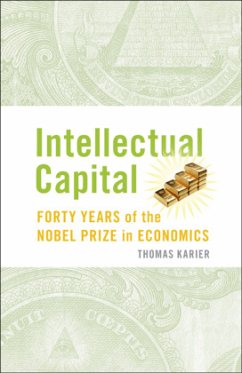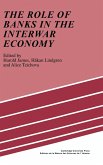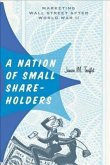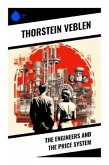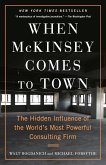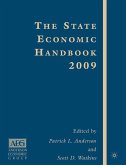There is arguably no award more recognized in the academic and professional worlds than the Nobel Prize. The public pays attention to the prizes in the fields of economics, literature, and peace because their recipients are identified with particular ideas, concepts, or actions that often resonate with or sometimes surprise a global audience. The Nobel Prize in Economic Science established by the Bank of Sweden in 1969 has been granted to 64 individuals. Thomas Karier explores the core ideas of the economic theorists whose work led to their being awarded the Nobel in its first forty years. He also discusses the assumptions and values that underlie their economic theories, revealing different and controversial features of the content and methods of the discipline. The Nobelists include Keynesians, monetarists, financial economists, behaviorists, historians, statisticians, mathematicians, game theorists, and other innovators.
Hinweis: Dieser Artikel kann nur an eine deutsche Lieferadresse ausgeliefert werden.
Hinweis: Dieser Artikel kann nur an eine deutsche Lieferadresse ausgeliefert werden.
'In the style of Robert Heilbroner's Worldly Philosophers, Thomas Karier offers us a perspective on modern economics. Whereas Heilbroner used the backdrop of the lives and accomplishments of the classical economists, Intellectual Capital uses the backdrop of the lives and accomplishments of the Nobel Prize winners. Karier thus gives an easy and lively introduction to a difficult subject: what is modern economics, and what motivates it. Nor is he lacking in strong opinions.' George A. Akerlof, Nobel Laureate in Economics 2001, University of California, Berkeley

